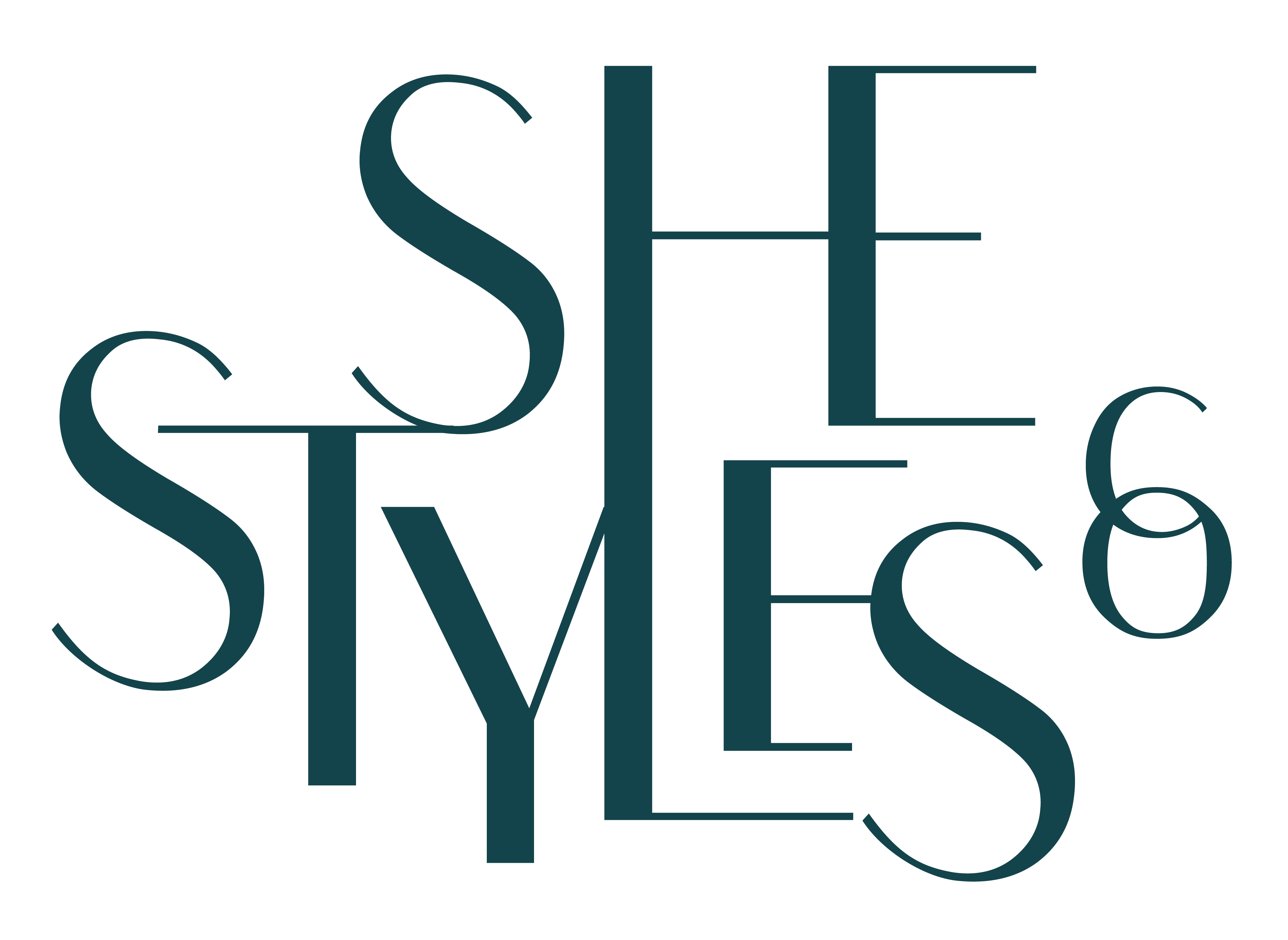Anne Liebman | Style Contributor for The Broadview Denver | SheStylesCO
Each morning, we look at our closets, and quickly (for me anyway, I’m always running late and in a rush!) pick out pieces to pull together our outfit for the day. A top, some pants or a skirt, perhaps a sweater or jacket to layer up with.
As we engage in this daily ritual, we usually don’t spend time considering the backstory of our clothes. Where was the clothing made? By whom? At what cost? What was the environmental impact of producing a piece of our clothing?
In many–too many–cases, the clothing we own did not make it to our closets in an ethically and sustainable way. But what does that mean?
According to the Ethical Fashion Forum, the self-proclaimed world’s largest database of ethical fashion businesses and resources, ethical fashion is an approach to design wherein the creation of clothes–from design to sourcing to manufacturing–benefits people and communities while minimizing the impact on the environment. Ethical fashion includes sustainable fashion, eco-friendly fashion, fair trade, cruelty free, and other socially conscious subcategories.
So is there anything you and I can do to support this?
Yes.
First of all, we can begin by thinking about what we purchase and how often, what we put on our bodies and wear out into the world. We can all practice ethical fashion. Here are some simple ways to do so:
- Shop at vintage/thrift/consignment stores. Switch your mindset on occasion to consider purchasing something that isn’t brand new each time you feel you want to add a fun piece to your wardrobe. There are plenty of second-hand stores here in Denver that carry some legit clothing and accessories. Yes, they’ve been worn before; well guess what! Now it’s your turn to rock them, and you’re contributing to socially responsible fashion in doing so. One of the fav boutique consignment shops to check out is Common Threads on South Pearl Street.
- Upcycle. Wear clothes made of recycled fabrics. One of Denver’s most beloved brand and clothings staples, Patagonia, is a phenomenal example of this. Patagonia’s mission says it all: Build the best product, cause no unnecessary harm, use business to inspire and implement solutions to the environmental crisis. Worn Wear is an arm of the company that “keeps your gear in action longer through repair and reuse, and recycles your garments whey they’re beyond repair.” In their eyes, this is better than new. Check out Rebellion as well. Created by a designer in Denver, every piece of clothing available on the site is 100% recycled.
- Seek out fair trade labels. Knowing the pieces of clothing you wear were made in an ethical fashion is sure to give you that warm, fuzzy feeling inside. There are a variety of official Fair Trade labels including Fair Trade USA. Their mission is to enable sustainable development and community empowerment by cultivating a more equitable global trade model that benefits farmers, workers, consumers, industry, and the earth. Fairtrade International, another label, believes there can be sustainable development that benefits the world’s poorest if trade is equitable and transparent.
- Go local. Support local businesses. Shopping at your favorite local boutiques means you are making a commitment to things like cutting down on packaging and transportation waste. You know that feeling you get when you find that one-of-a-kind piece at your beloved boutique down the street? Make that feeling last! Continue to support those lovely Denver shops and you’ll be more of a socially responsible shopper than you know.
- Make smart buys. Consider each item you purchase as an investment. When you spend more money on something, you’re more likely to treat it as an asset, and truly take care of that piece of clothing, pair of shoes, or classic accessory. Unfortunately, “fast fashion”--buying the lower quality, poorly made merchandise because it is much less expensive–is an all-too common occurrence. This practice leaves us throwing those low-cost items away in a few short months, or even weeks, because they fall apart. With extra cost, you’re (almost always) getting a better quality, better made product. Naturally, this kind of product will last much much longer, which means you’ll need to buy less, and that certainly helps in the grand scheme of things.
I’ll admit, being socially responsible in the world of fashion and style has not been something top of mind for me. But it should be. If we can all at least be conscious of how the things we buy–not just our clothing, but all things–were sourced, made, and manufactured, we will naturally gravitate toward the small moments where we can make a difference.



